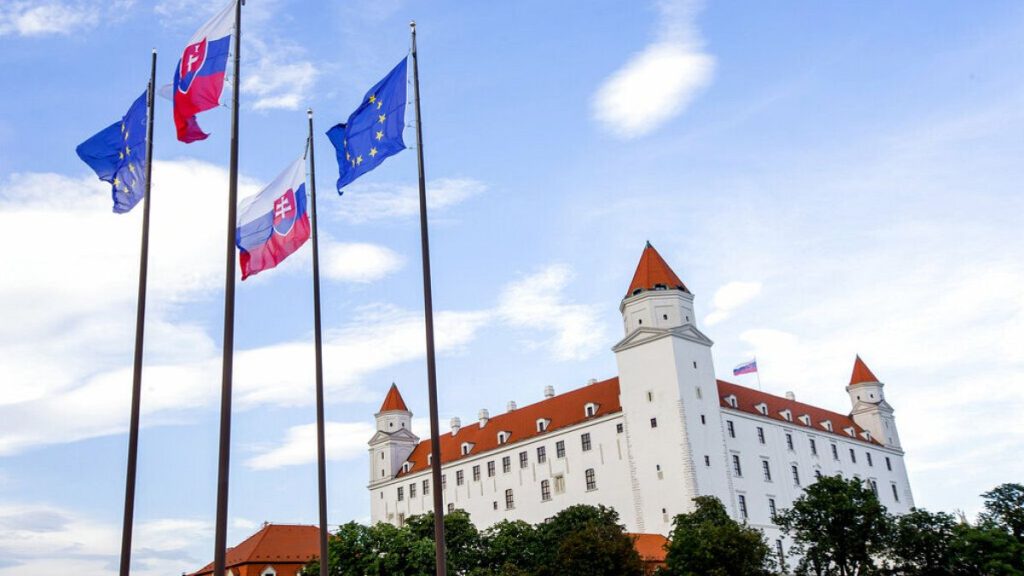The proposed amendment to Slovakia’s language legislation has the potential to strain diplomatic relations between Bratislava and Budapest. The draft law aims to restrict the use of minority languages in public spaces, raising concerns about the rights of Slovakia’s Hungarian population. Under the new law, Slovak text must appear first on public signs and advertisements, and minority languages would be prohibited on public transport and in places like post offices. Those who violate the legislation could face fines of up to €15,000, sparking comparisons with a similar amendment adopted in 2009 that led to a diplomatic row between Slovakia and Hungary.
The relationship between Slovakia and Hungary has been fraught with tension over the treatment of the Hungarian minority in Slovakia. While similar nationalist stances shared by Hungarian Prime Minister Viktor Orbán and Slovakian PM Robert Fico have helped improve relations between the two countries, the proposed language law threatens to reopen old wounds. Opposition lawmakers and human rights experts have criticized the amendment as overly strict and potentially damaging to businesses and the country’s competitiveness. They fear that the proposal could attract criticism from the EU, which has previously raised concerns about minority rights in Slovakia.
Slovak MP René Parák has spoken out against the draft amendment, labeling it as nationalistic and regressive. He argues that the law restricts the rights of the population to use their mother tongue and impacts freedom of entrepreneurship. However, Slovakia’s Culture Minister Martina Šimkovičová has defended the draft amendment, stating that it is necessary to consolidate the status of the state language and ensure efficient state control. Despite concerns raised by opposition lawmakers and human rights experts, the Slovak government seems determined to push forward with the proposed language law.
Hungary’s Foreign Minister Peter Szijjártó has sought reassurance from his Slovak counterpart that the rights of the Hungarian minority in Slovakia will not be affected by the proposed amendment. Hungarians make up about 8% of Slovakia’s population, making them the largest minority group in the country. The historical context of Austro-Hungarian rule over Slovakia adds complexity to the relationship between the two nations. Slovakia’s shift towards populism under PM Fico has also impacted its foreign policy decisions, particularly in relation to Russia and Ukraine.
Fico’s return to power for the fourth time, with a pro-Russia and anti-US platform, has further aligned Slovakia with Hungary on certain issues, such as Russia’s invasion of Ukraine. Fico’s decision to end military aid for Ukraine and oppose EU sanctions on Moscow has drawn criticism from some EU members. However, Fico and Orbán have called for increased EU funding to address illegal migration, indicating continued collaboration between Slovakia and Hungary on certain policy areas. The proposed language law remains a point of contention between the two countries, highlighting ongoing challenges in their diplomatic relationship. Ultimately, the fate of the amendment and its potential impact on minority rights in Slovakia will be closely watched by observers both within and outside the region.













